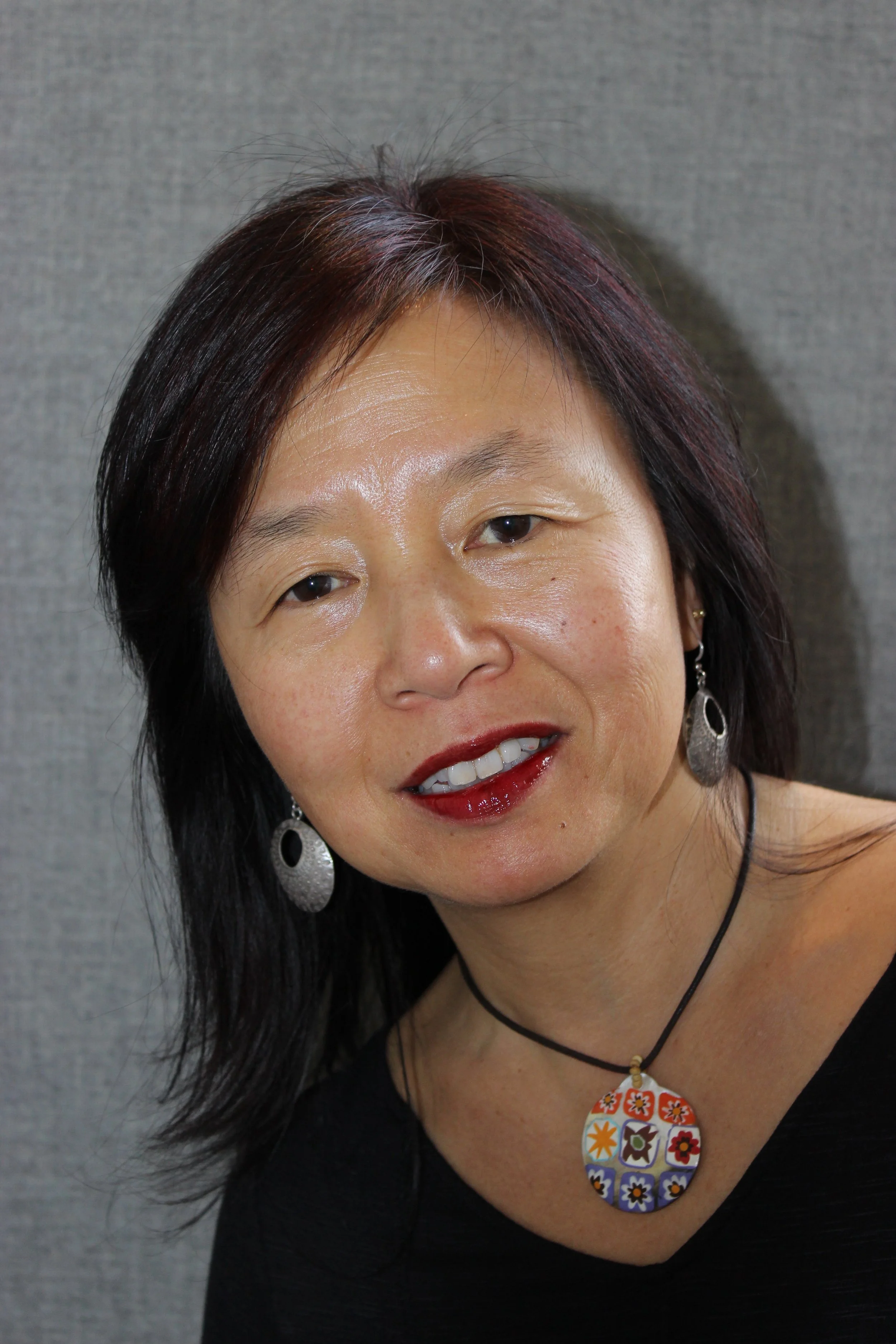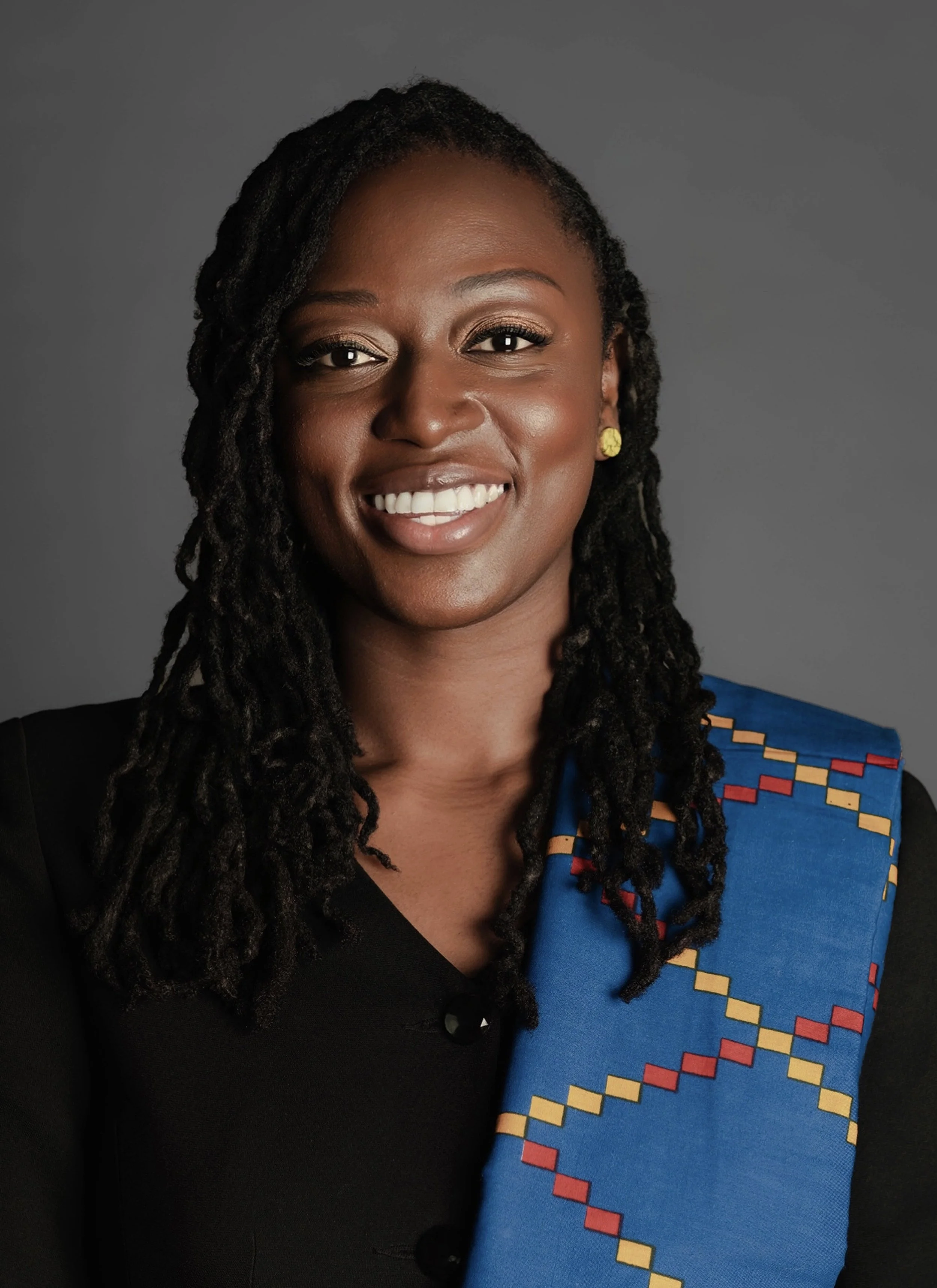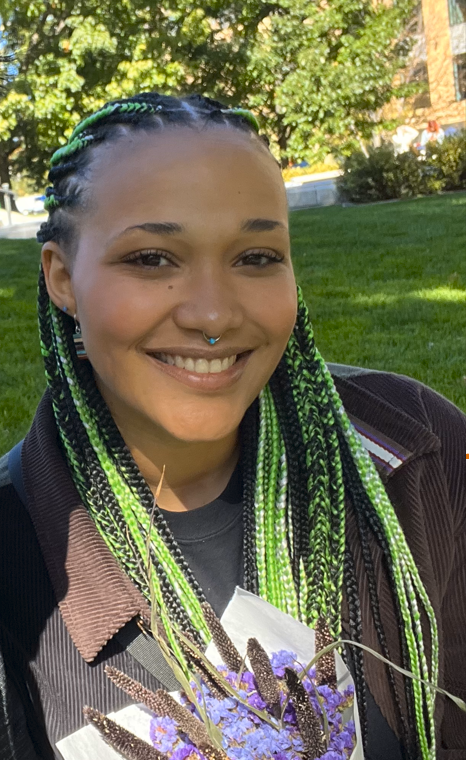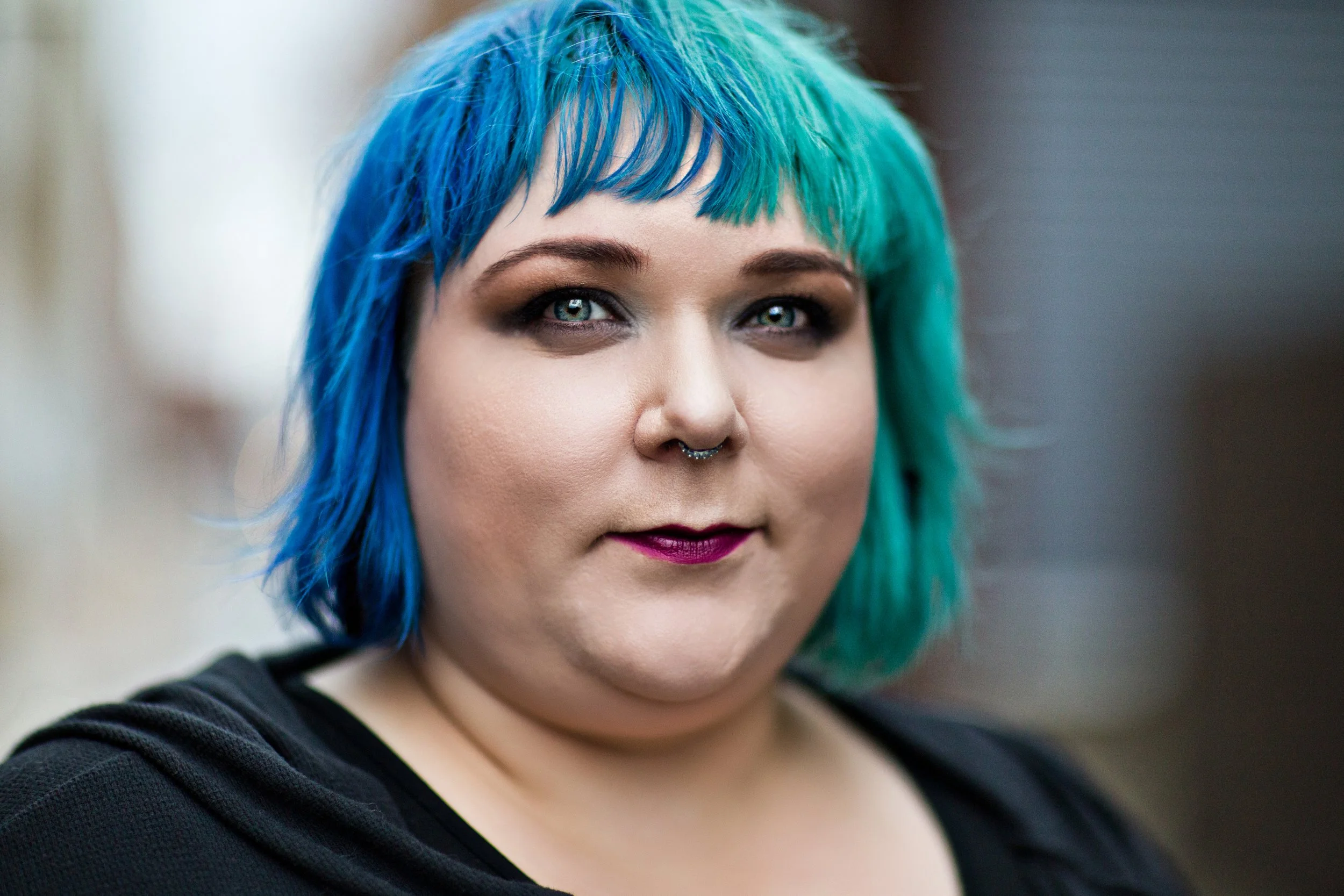About the Series
IDHA organized our first-ever Decarcerating Care conversation in September 2020, in the midst of ongoing racial uprisings in the United States and globally. As abolitionists and organizers called to divest funding from the police and some advocated for reallocation to mental health care, IDHA sought to draw attention to the ways in which the mental health care system maintains white supremacist, racial hierarchies and operates on logics of surveillance, coercion, and control. In the five years since, IDHA’s nine panels have reached more than 15,000 people with urgent dialogue about alternatives to policing that are rooted in the lived experience of mental health service users and survivors, movement leaders, and disabled community members.
We have thus far explored: the importance of taking policing out of mental health crisis response; the ways in which “reforms” uphold the ongoing coercion of marginalized communities; concrete steps and tools for decarcerating one's practice; how to build community-based healing alternatives; how systems of surveillance intersect with mental health and disability; the ways in which institutionalization operates as a tool of social control; how the mental health industrial complex pathologizes acts of resistance; how to transcend carceral approaches to mandated reporting; and reflections on past, present, and future efforts to decarcerate care.
About the Event
In the midst of the 2020 uprisings, calls grew louder to remove police from mental health crisis response and reinvest in community-based supports. At the same time, global momentum swelled around anti-police and racial justice movements, spurring broader demands to confront entrenched systems of state violence. While replacing “cops” with “social workers” appeared promising to many, psychiatric survivors and advocates warned that the mental health system itself has long relied on force, confinement, and coercion – mirroring the logics of surveillance and control found in prisons. In September 2020, IDHA hosted its first Decarcerating Care panel to create space for critical examination of how systems of “care” can reproduce carceral power. What began as a single event has since grown into a series of nine panels, reaching 15,000 people and counting.
On November 5, 2025, IDHA will return to the theme that started the series 5 years ago: how to foster the safety and health of our communities in ways that are free from policing, rooted in survivors’ experience, and committed to preserving the rights and autonomy of people in crisis. Marking both the five-year anniversary and the tenth installment of Decarcerating Care, this panel will take stock of what has and hasn’t changed since 2020. A panel of survivors, activists, organizers, and practitioners from across the country will explore the trajectory of efforts to remove police from mental health crisis response, community-based alternatives that have emerged or evolved, and how non-carceral care is being practiced on the ground. This conversation takes place amid rising fascism, escalating state-sanctioned violence against mad, disabled, and unhoused communities, and a nationwide push to expand involuntary commitment and restrict bodily autonomy. Participants will reflect on lessons from the past five years and leave with concrete insights for resisting coercive care and advancing liberatory, community-based alternatives in today’s political landscape.
Please register via Eventbrite to join. After registering, you will receive a confirmation email with details on how to dial into the Zoom webinar.
Donations
Registration is free, with a suggested donation of $10. We appreciate donations of any size for those who have capacity to give.
Access
ASL interpretation + captioning will be provided. The panel will be recorded and shared with all registrants, alongside an edited caption transcript. Please email contact@idha-nyc.org with any further access needs or questions.
Panelists
Roxanne Anderson
Roxanne (they/them) Is an Abolitionist, Activist, Artist, Entrepreneur and Organizer, a Black, Transgender, Trans-racially Adopted, Parent, Partner, Rebel Rousing, Queerdo working at the intersections of Race, Gender, and Sexuality to dismantle the systems of oppressions that keep us from liberation. Rox is a founding Core Member of REP (Relationships Evolving Possibilities) a network made up of dedicated community members showing up to support others in moments of crisis or urgency. Rox started working to make their community safer as a 9th grader, when they became a certified BAT (basic aid trainer) peer-instructor, teaching younger students CPR and other basic first aid skills. After studying social work in college Rox returned to first aid and became an Emergency Medical Technician/Paramedic. Anderson worked in emergency prehospital care for many years on the street and in the classroom training EMT’s and other first responders in Emergency Medical Services (EMS) and Mental Health First Aid. Currently Rox is leading the effort to build a true equitable LGBTQ community center in MN, directs the MN Transgender Health Coalition-a harm reduction organization, and is the co-founder of RARE Productions an art and entertainment company focusing on LGBTQ, Black, Indigenous, People of Color. Rox thrives when building connections and networking people and resources.
Liz Kennedy
Liz is committed to building life-affirming futures that center care, justice, and healing. Rooted on Anishinaabe lands in Detroit, Liz draws on years of nonprofit leadership experience, from the NAACP to Allied Media Projects, alongside lived experience as a survivor, healer, and organizer. As Director of Care-Based Safety in Ypsilanti, they are advancing a community-based crisis response program that prevents, responds to, and transforms crisis through care, not criminalization. Embracing the belief that “care is the antidote to violence” (Saidiya Hartman), Liz is accountable to those most impacted by criminalization and state violence, and is committed to creating the conditions where people and planet can heal, grow, and flourish.
Mimi Kim
Mimi is Associate Professor of Social Work at California State University, Long Beach and a long-time advocate and activist working on issues of gender-based violence in communities of color. She is a co-founder of Incite!, an organization influential in the development of abolition feminism. In 2004, Mimi established Creative Interventions which created collective, non-criminalizing approaches to address domestic and sexual violence, now known as community accountability and transformative justice. Mimi’s research on the historical development of carceral feminism includes “The Carceral Creep: Gender-Based Violence, Race, and the Expansion of the Punitive State, 1973-1983” (2020). In 2021, she co-authored "Defund the Police - Invest in Community Care: A Guide to Alternative Mental Health Responses." She co-edited the book, Abolition and Social Work: Possibilities, Paradoxes, and the Practice of Community Care in 2024. Mimi was recipient of the 2023 Marguerite Casey Freedom Scholar Award.
Stanley Martin
Stanley is an abolitionist who serves the Rochester community with courage, love and integrity. With a long-time dedication to community care, Stanley has served as a Mental Health Counselor for incarcerated people and led a substance use recovery center providing holistic health and wellness supports to people and their loved ones. As a cofounder of Free the People Rochester, Stanley implements a care-based vision of community safety that prioritizes investments in life-affirming services. Currently, Stanley leads the NY State Daniel's Law Coalition, and is on the Community Advisory Board of HOPE First Roc, a community-led group working to implement a peer-led, public health response to people in crisis in Rochester. Additionally, Stanley holds a Master's degree in Mental Health Counseling, which grounds Stanley’s activism in the practice of hope, humility, and compassion.
Nze Okoronta
Nze is a mad Black radical community organizer, harm reductionist, trainer, facilitator and writer currently living and building mad community and anti-carceral focused efforts in Madison, WI and beyond. They are known for work surrounding mental health crisis alternatives, peer run respites, peer support warmlines, crisis hotlines & harm reduction. Nze has been involved in and provided direct support to organizations doing work around alternative responses to mental health crisis, alternatives to policing, mobile crisis teams, civil and human rights protections, disability justice, and policy advocacy and reform. Nze is currently the Co-Executive Director of a peer-led organization, SOAR (Supporting Opportunities for Advocacy & Resilience). They oversee Solstice House– a non-carceral Peer Respite & Warmline, while providing independent training and consulting for organizations and the general public related to crisis service transformation and redesign. Outside of their daily work, Nze studies deathwork and supports people navigating grief, change and loss. They also facilitate a weekly online Mad Pride support space called Living Madly & Beyond. Nze feels most whole when surrounded by trees. After many long afternoons spent at work in the community, they can be found hiking in the woods alongside their dog familiar (Pluto) or stargazing in a field.
Jess Stohlmann-Rainey
Jess (she/her) is a mad, fat, queer, feminist, care and death worker. She has focused her career on creating pathways to intersectional, justice-based, emotional support for marginalized communities; most notably working across the full continuum of suicide support services from prevention to crisis and postvention and teaching in the University of Denver’s Graduate School of Professional Psychology. She has particular interest in talking/thinking/collaborating about epistemology, capitalism, and ethics in the context of suicidology, mad studies, crisis care, and death work. Jess centers her lived expertise as an ex-patient, voice-hearer, and suicide attempt survivor in her work. She collaborates on a podcast called Suicide ‘n’ Stuff with Dese’Rae Stage from Live Through This. She held the Lived Experience seat on Colorado’s Suicide Prevention Commission from 2081-2021.







